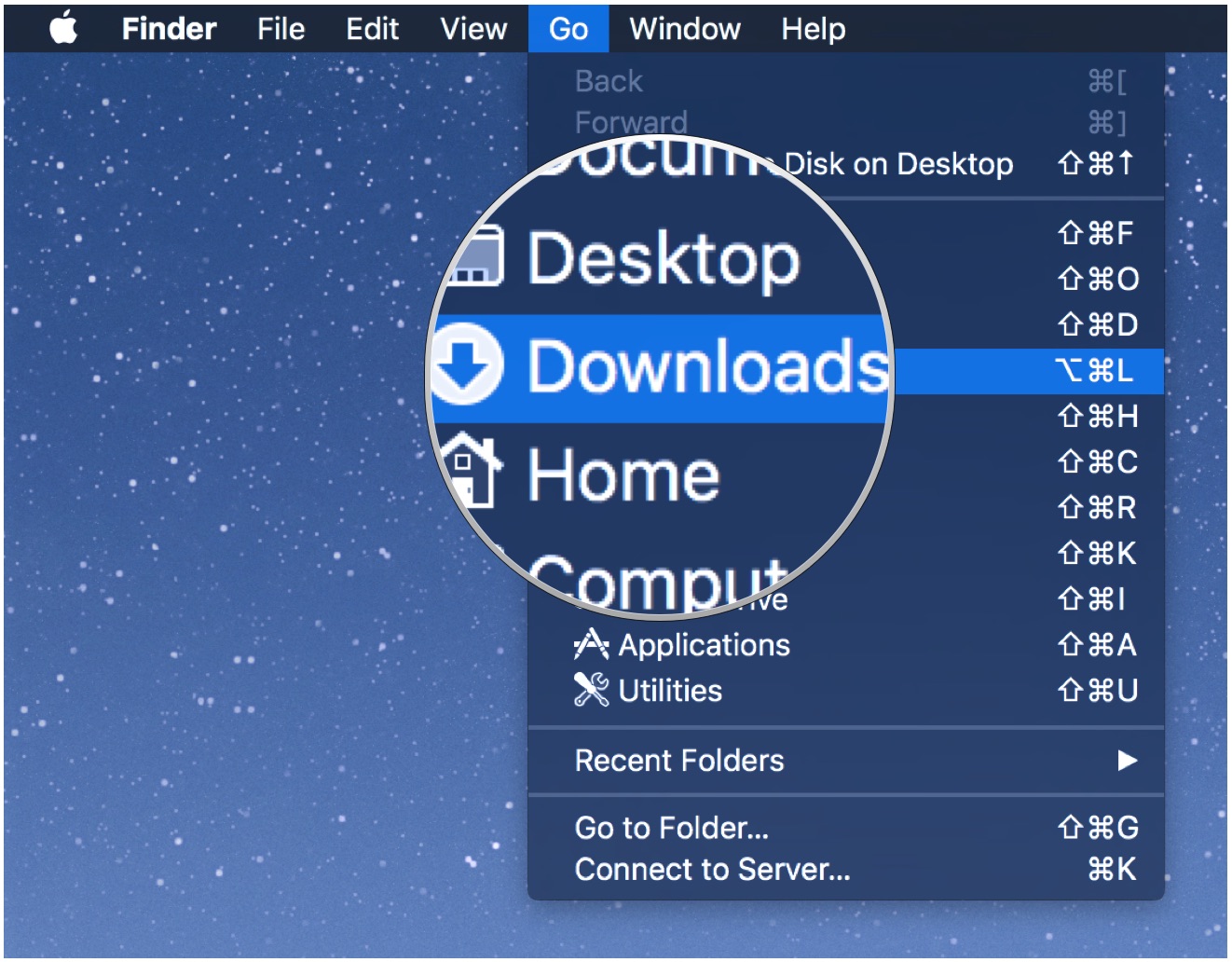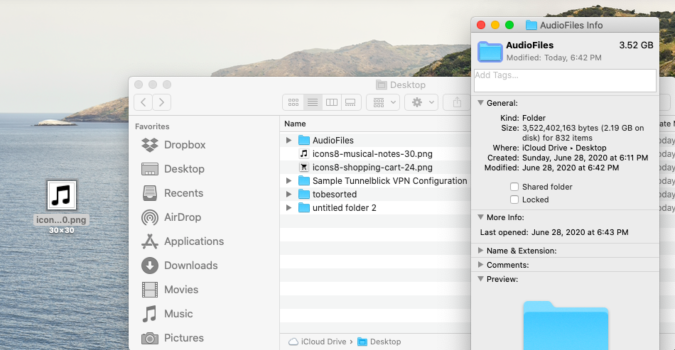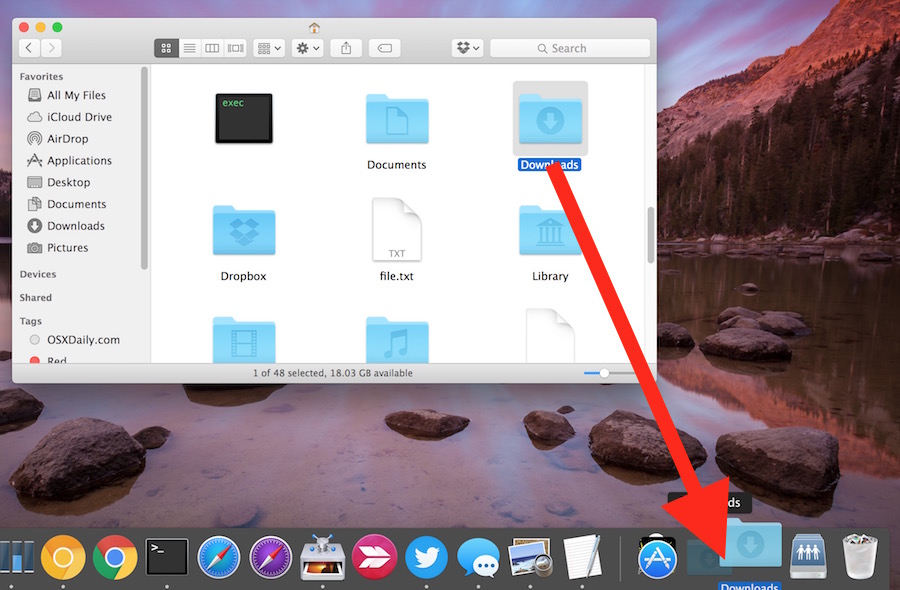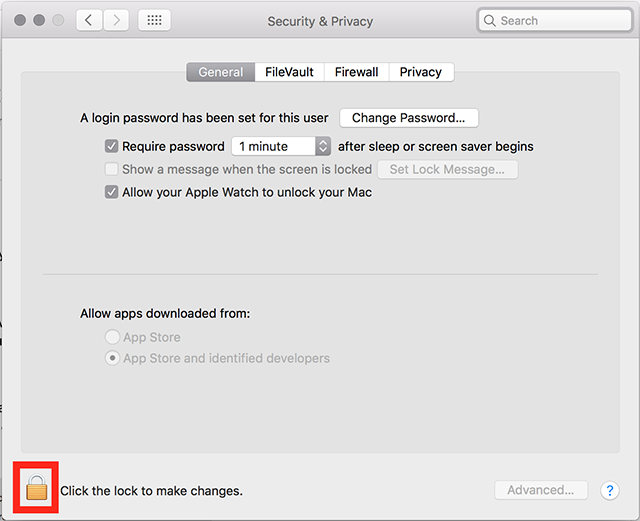- Open Download Folder Windows 10
- Apple Mac Downloads Folder Icon
- Where Is Mac Downloads Folder
- Clean Downloads Folder Mac
Copy and Paste: Select a file, folder, or group of files, and then right-click. In the menu that pops up, select “Copy.”. Then navigate to the USB drive in Finder, right-click in an open area and select “Paste Item.”. The items will copy to the drive. You can also use the “Copy” and “Paste” commands in Finder’s Edit menu to do. Get more free disk space by removing unnecessary duplicate files and folders from your Mac. Remove duplicate files on any mounted disk or folder. Use Duplicate File Finder FREE to find and remove duplicate files. Get the PRO version to delete duplicate folders, merge similar folders, mass select dup.
If you are a novice in terms of using a Mac, have you asked yourself where all your downloaded files go? By default, all your downloaded files go to the Downloads folder. This applies to any downloads made from web browsers like Chrome, Safari, or even from file transfer apps like AirDrop. Since the Downloads folder is the default download destination in Mac, you may want to know how to quickly access it. Below are some of the fastest and easiest ways to get to the folder and access your files.

Open Download Folder Windows 10
Where to Find the Downloads Folder
In all Mac computers, the Downloads folder is located in the Home directory where it is aptly named the same, Downloads.
Another way to access it is to use the Finder’s sidebar.
Pro Tip: Scan your Mac for performance issues, junk files, harmful apps, and security threats
that can cause system issues or slow performance.

Special offer. About Outbyte, uninstall instructions, EULA, Privacy Policy.

- Go to Finder > Preferences > Sidebar.
- Check Downloads to make it accessible in the Sidebar.
- To get to the Downloads folder in less than a minute, press the keys Option + Command + L.
How to Change the Download Destination on Your Browser
Although the default file download destination is the Downloads folder, it can be changed on your browser. For instance, on Safari, this is how you do it:
- Open Safari > Preferences > General.
- Under File Download Location, select a different folder where you want to save your entire Safari downloads.


Apple Mac Downloads Folder Icon
If you are worried that you might have a hard time looking for your downloaded files once you change the download destination folder, don’t be. In most cases, a Download button will appear in the web browser’s toolbar after every successful download. If you click it, you will see a list of all your recent downloads.
How to Manage Your Downloaded Files
With all the wide assortment of files you’ve downloaded to your Mac, expect your Downloads folder to be very messy. Some files are redundant, while others are nestled with your app installers, photos, and copies of your monthly utility bills.
Sort all your files to make it easier for you to find what you are looking for. Use the Finder’s column view to filter the files by type or by date. If there are larger files that are no longer needed, delete them.
Keep Your Mac Safe No Matter What You Download
While searching for something online, unnecessary files and applications may be unknowingly downloaded onto your Mac. Sometimes, you also find yourself downloading a plethora of stuff, which you don’t actually use and need.
Where Is Mac Downloads Folder
Now, with all the junk files saved on your computer, it won’t be surprising that in the long run, your Mac becomes slow and inefficient. If you don’t want that to happen, start clearing space. Restore it to its former glory by locating the biggest space hogs using 3rd party cleaning tools like Mac repair app. Once you have identified such files, get rid of them. Your Mac will be thankful if you did.
Clean Downloads Folder Mac
Did you find our article interesting and helpful? We’d love to hear from you! Chat with us in the comments section below.